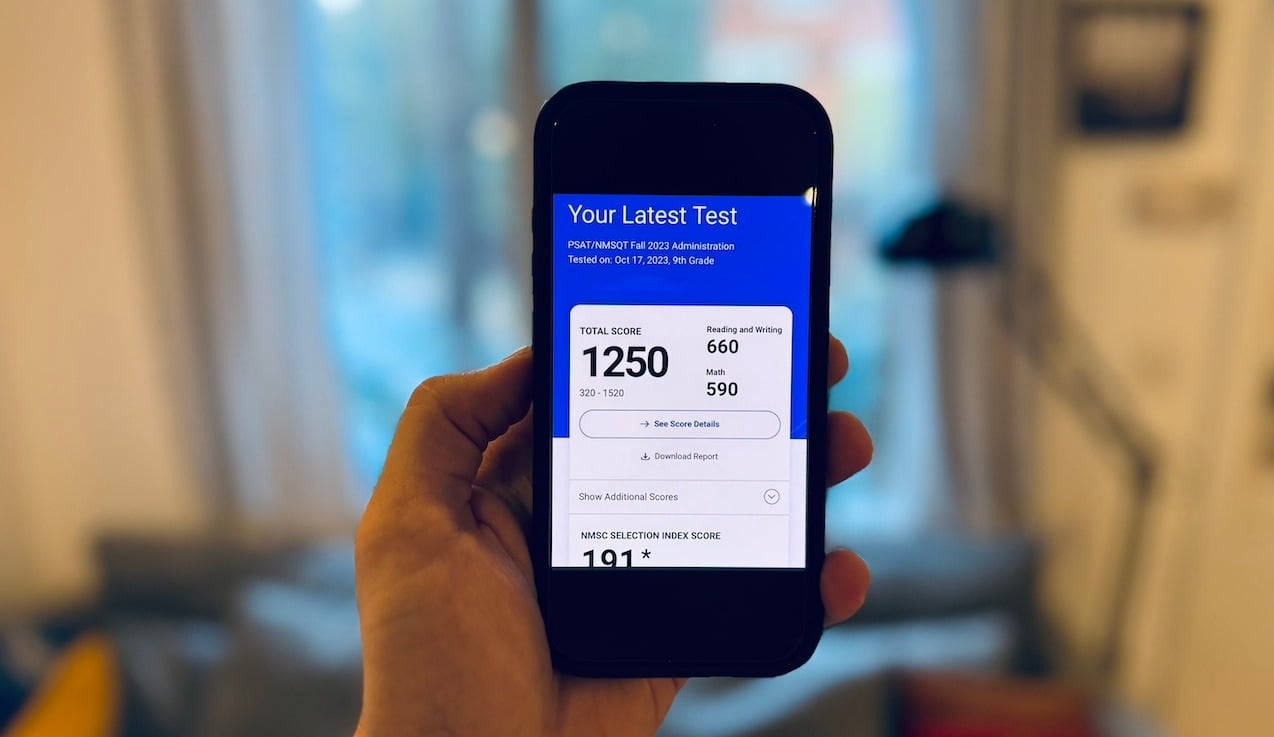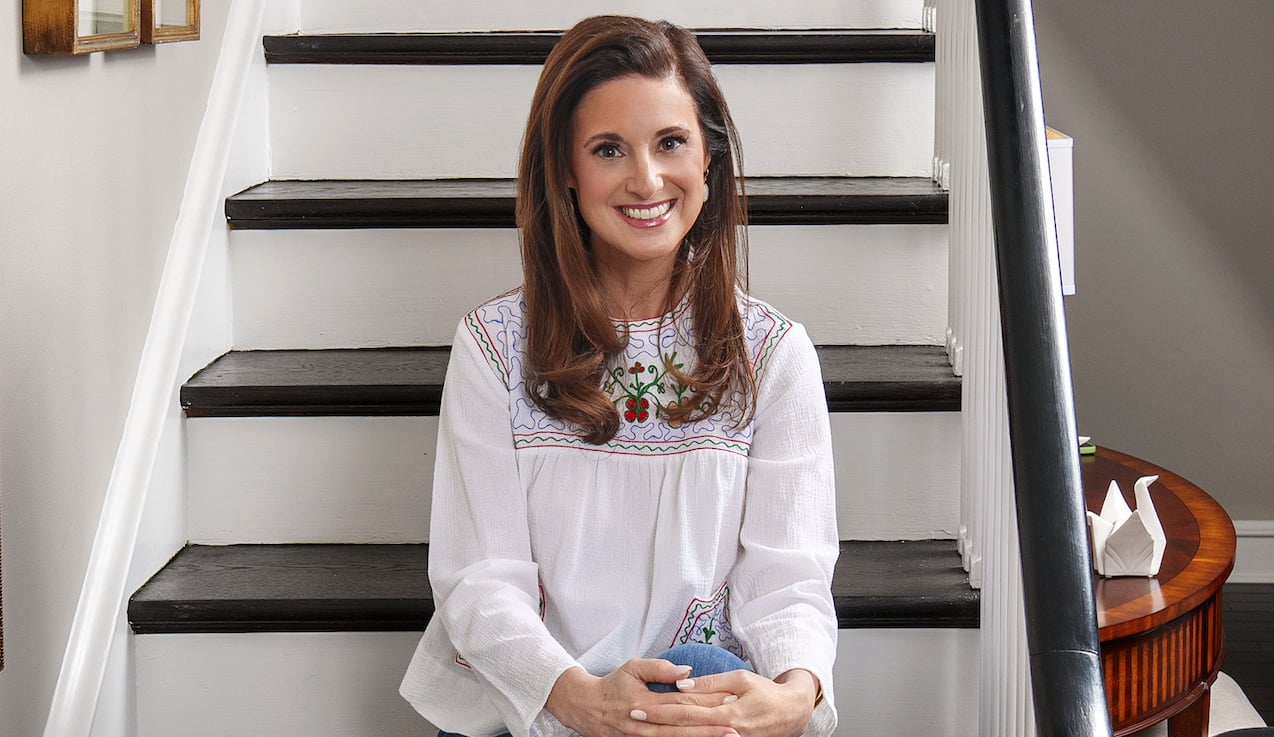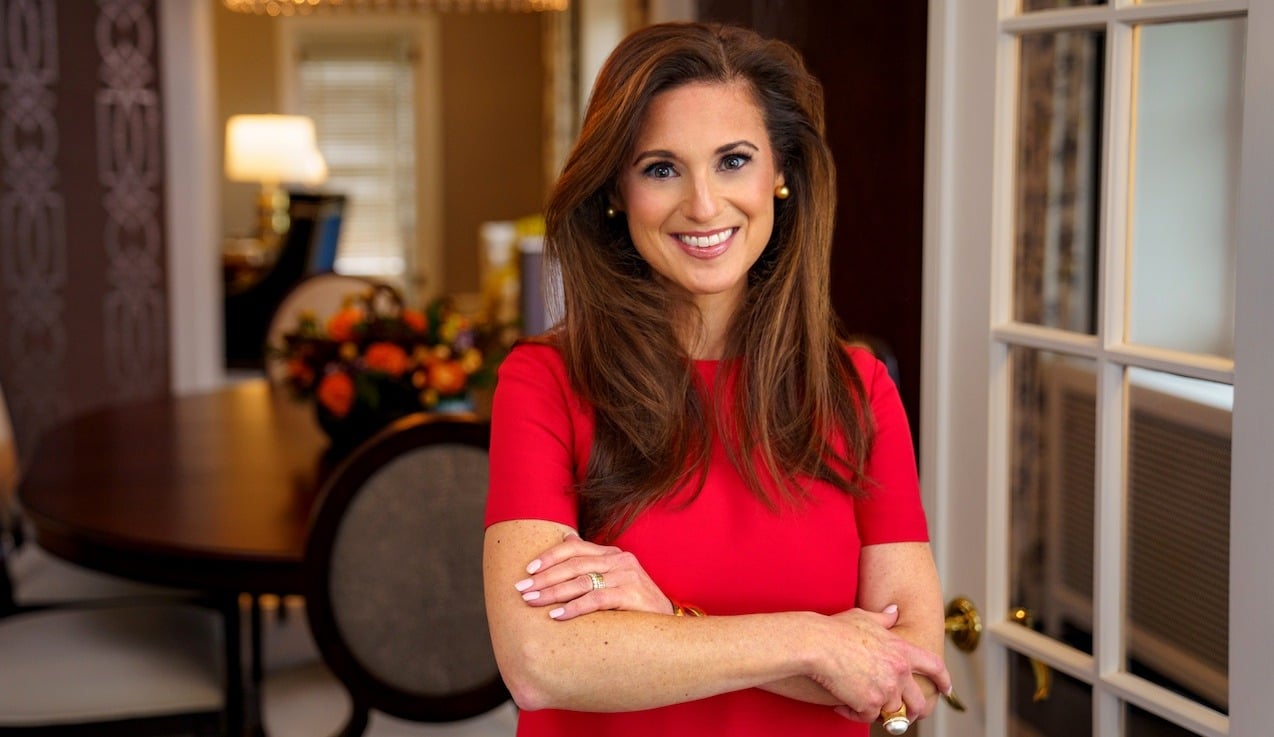MIT made the announcement last year. Dartmouth did it two weeks ago. And now Yale.
If you want to apply to one of these illustrious institutions, you need to report test scores from the SAT or ACT.
Dare I say I am relieved that some of the highly selective colleges that instituted a test-optional policy during the pandemic have reinstated test scores. Yes, that’s right. I am a test-optional advocate who wants this farce to end.
From the beginning of the pandemic-induced test-optional craze, I have been concerned. Colleges adopted test-optional policies because they had to. The pandemic led to test center closures making it difficult for students to take the SAT or ACT.
Unlike colleges that adopted this long-established practice years prior, the newly proclaimed test-optional colleges did not have the decades of data to prove whether scores were a true predictor of success in college over time. Their admissions staff dove into evaluating applications without the benefit of understanding how test-optional policies are supposed to be used to help rather than hurt students.
Over these last several years, highly selective colleges like MIT, Dartmouth, Yale, and others claimed to be test-optional in theory, rather than in practice. While some colleges have shared what percentage of students apply with and without scores and even what percentage of students enroll with and without scores, none have shared what the acceptance rates are between these two groups. The reality is that many colleges have used test-optional policies to weed out the “weaker scores” in order to boost average test scores of their admitted class. Yale’s middle 50% range of test scores for admitted students went from 1470-1560 in 2019 to 1500-1580 in 2023. Yale knows that if these scores get any higher, the institution will cement its reputation as the poster child of exclusionary practices.
READ MORE: Test Scores Are Going Down. So Why Are They Going Up at Elite Colleges?
Test-optional policies encourage students who may not have high test scores to think they have a shot of admission. But that is unlikely. I have had hundreds of students apply to MIT, Dartmouth, Yale, and other highly selective colleges over the last few years. Only a handful have been admitted without test scores. The rest of the students who got admitted not only reported test scores, but high ones at that.
Both Dartmouth and Yale indicated in their announcements this month that the SAT and ACT are the best predictor of academic success. Yet the first class to enroll under their test-optional policies are only juniors. These students were in high school (or more likely at home with limited learning) at the height of the pandemic. Of course test scores are a better predictor of academic success during this nadir in education when students missed out on course content, consistent teaching, and a high school environment conducive to learning.
READ MORE: How to Build a College List From the Ground Up
My hope is that our high schools continue to recover and restore the standards they once had before the pandemic. However, Yale’s statement today that test scores are more important than anything else makes it clear that they choose to invest in a test rather than improving our educational system.
I am not going to convince these colleges to go back to a test-optional policy. Frankly, I don't want them to. They abused their power and claimed to be something they were not. But I hope I can urge the colleges that remain test-optional to embrace it the way it was intended: to allow students without test scores to have the same chance of admission as those with scores. If not, these colleges need to fess up to the farce. Test scores have always mattered to these institutions—now more than ever before.











